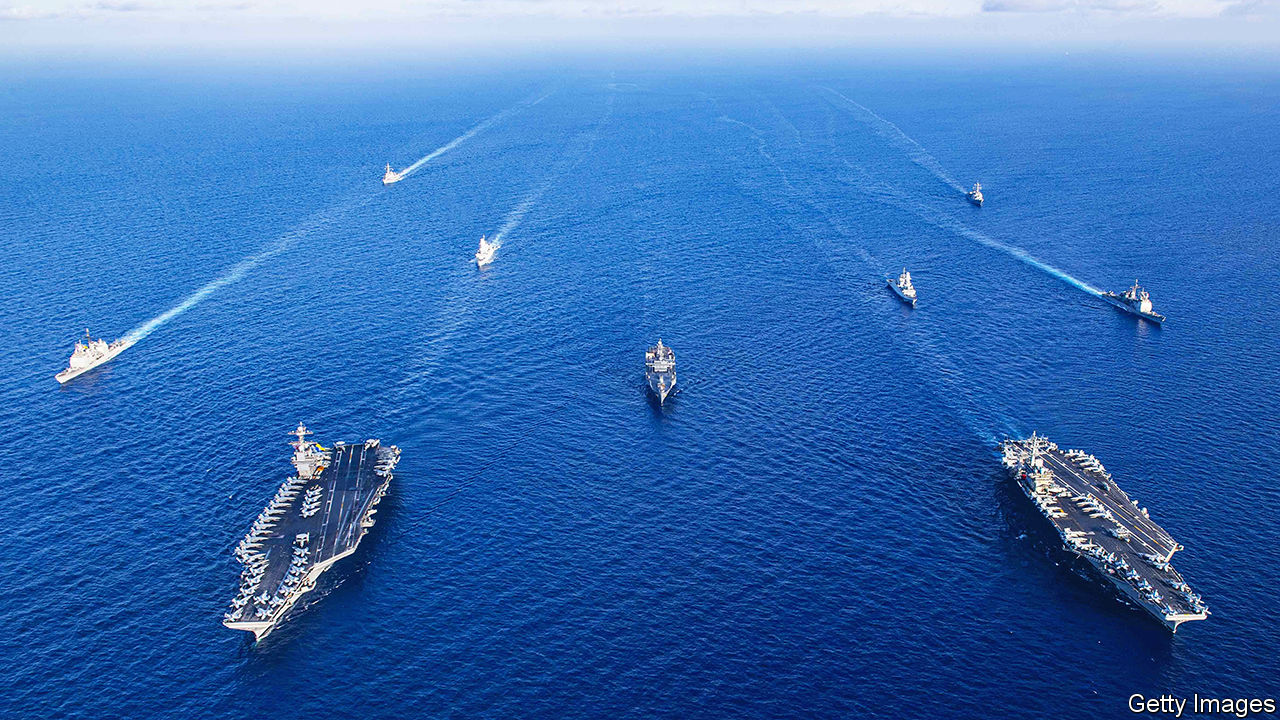The importance of sea power in geopolitics is increasing once again, with various maritime conflicts and tensions emerging across the globe. In the Middle East, the Houthi rebel group is disrupting global trade in the Red Sea, prompting strikes from the US and UK to reassert freedom of navigation. Taiwan’s upcoming election could also shape its future and involve a naval war between China and the US. In Europe, the war in Ukraine is influenced by the maritime contest for the Black Sea and Crimea. The article highlights that while Western navies still possess advanced submarines and strong naval alliances, their naval dominance is eroding due to the growing capabilities of China’s navy, the decline of American shipyards, and the weakened European navies.
The disruption of maritime trade can have significant global consequences. For example, the COVID-19 pandemic caused chaos in supply chains, the blockage of the Suez Canal affected trade routes, and Russia’s invasion of Ukraine impacted the world grain market. Moreover, the maritime domain is not only crucial for physical goods but also for submarine telecoms cables that carry 97% of global internet traffic. The geopolitical risks to this infrastructure have been underscored by the war in Ukraine, where gas pipelines and data cables have been targeted.
Naval power is distinct from land-based power due to the natural environment for competition that the oceans provide. The seas are international waters, and disputes over territorial waters and exclusive economic zones can lead to tensions among states. Naval confrontations tend to be slow-paced and ambiguous, making escalation less likely. However, the article emphasizes the need for navies to adapt to new challenges, such as the growing importance of submarines and the use of unmanned surface vehicles (USVs). The ability to exploit sea power relies on global alliances and technological advancements, but it also requires a change in mindset, increased recruitment and training of sailors, and investment in naval capabilities.
In conclusion, the article highlights the growing significance of sea power in geopolitics and the need for Western navies to adapt to new challenges and maintain their dominance. The disruption of maritime trade can have far-reaching consequences for the global economy, and conflicts in various regions demonstrate the potential for high-intensity naval warfare. As technology advances and maritime threats evolve, navies must invest
Images and subject matter derived from 3rd party sources including www.economist.com.









